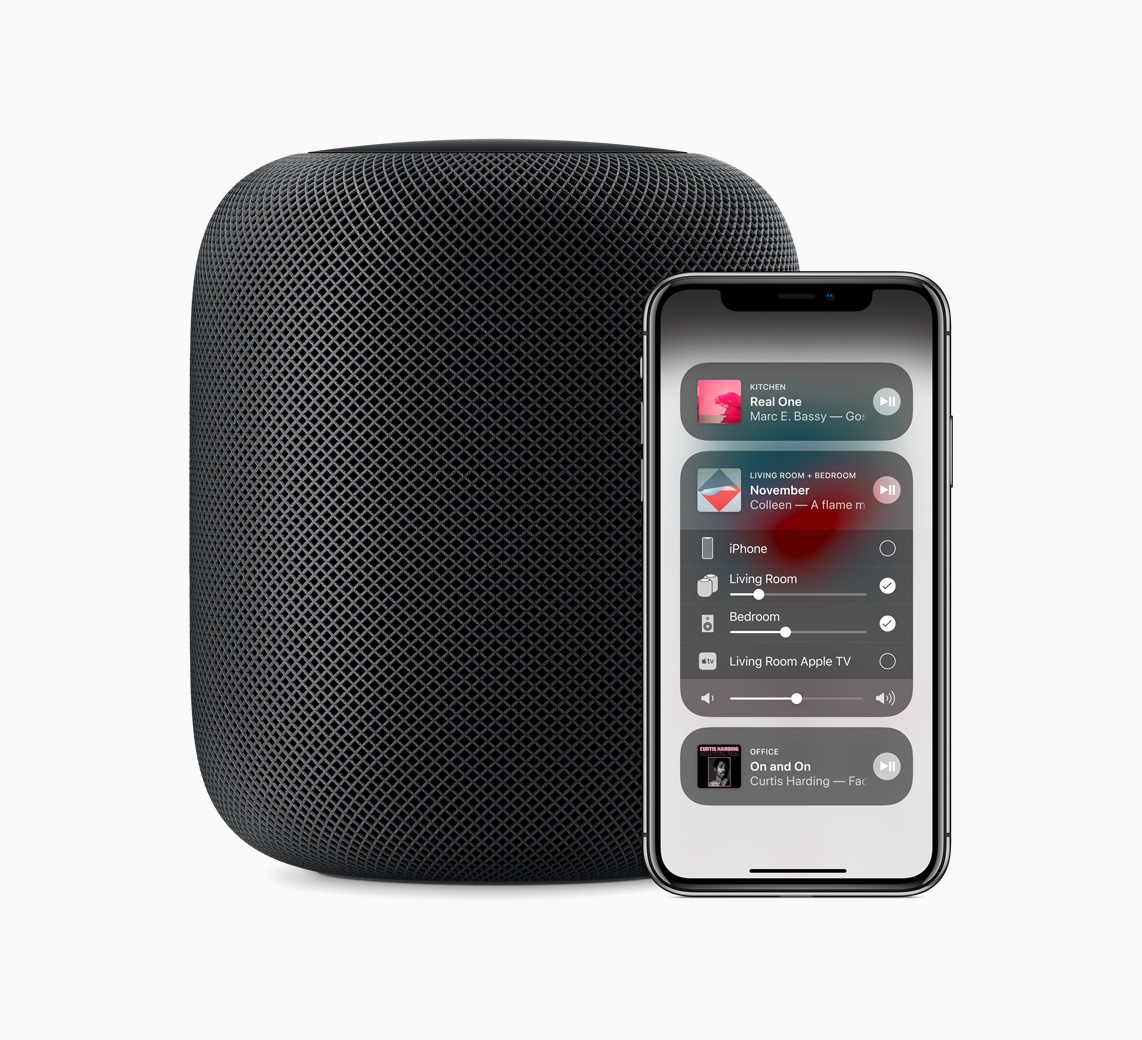With the imminent launch of BlackBerry 10 (BB10), Jan Dawson, chief telecoms analyst at Ovum (www.ovum.com) believes “the new software platform will provide a temporary boost in performance but no salvation for RIM.”
“RIM continues to face the twin demons of consumer-driven buying power and a chronic inability to appeal to mature market consumers. There is nothing in what we’ve seen so far of BB10 that suggests it will conquer the second of these demons, and the first is utterly out of RIM’s control,” he says. “We don’t expect a speedy exit from the market; with no debt, 80 million subscribers and profitability in the black in at least some recent quarters, the company can continue in this vein for years. But its glory days are past, and it is only a matter of time before it reaches a natural end.”
Two major factors have worked against RIM in the past two years: companies are no longer buying the majority of smartphones sold today, and individuals overwhelmingly choose devices other than BlackBerries when they make buying decisions. Both of these have depressed sales for RIM’s devices, and neither is going away.
“The first of these phenomena is unstoppable, and we expect a significant increase in employee-led rather than IT department-led smartphone buying,” says Dawson. “Our recent surveys suggest that even when employees aren’t choosing the device, they expect the replacement for their current BlackBerry to be an iPhone or an Android device. The second trend could be stopped in theory, but RIM does not seem to be focusing on this approach in BB10.”
Despite the brief bump RIM will see from the launch of BB10, Ovum expect sits decline to continue longer term. At its peak, RIM shipped between 12 and 15 million devices per quarter, but there is no way it can hit this number on a sustainable basis once the BB10 launch filters through, says the research group.
“Though the new platform should have significant appeal to existing users, we don’t expect it to win significant numbers of converts from other platforms,” says Dawson. “There is little in the new platform that suggests it will have the compelling apps, content stores, or the broader ecosystem that consumers have come to expect in a competitive smartphone platform”
There are bright spots in emerging markets, where BlackBerry devices have become a middle-class status symbol as they once were in mature markets. However, these devices are low-priced and based on BB10’s predecessor BB7, which is destined for the scrap heap in the medium term.
“In all, RIM continues to face the twin demons of consumer-driven buying power and a chronic inability to appeal to mature market consumers,” says Dawson. “here is nothing in what we’ve seen so far of BB10 that suggests it will conquer the second of these demons, and the first is utterly out of RIM’s control. We don’t expect a speedy exit from the market; with no debt, 80 million subscribers and profitability in the black in at least some recent quarters, the company can continue in this vein for years. But its glory days are past, and it is only a matter of time before it reaches a natural end.”



